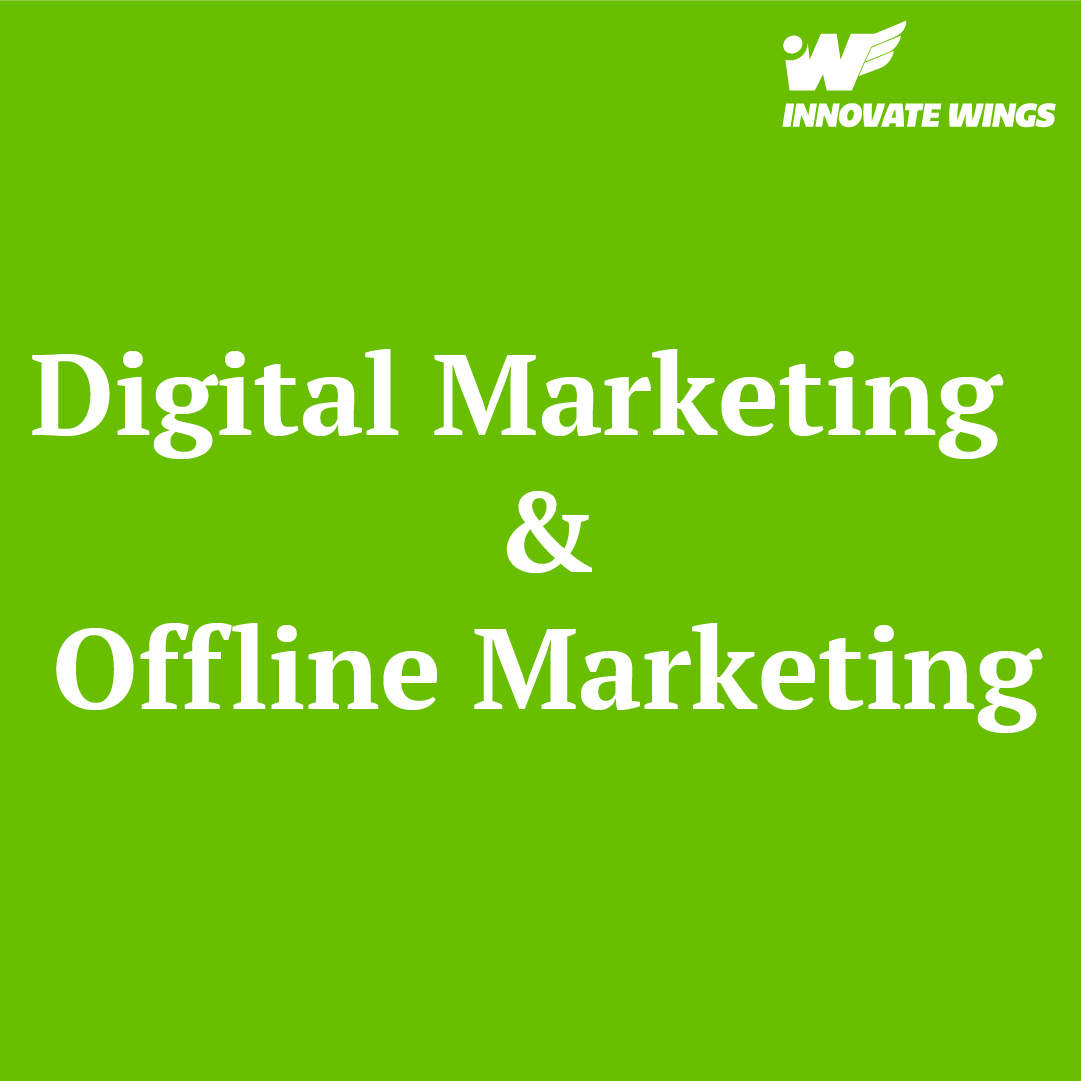

In the fast-paced and ever-evolving world of business, new ventures face a crucial decision when it comes to marketing their products or services: should they invest in digital marketing, with its vast reach and targeted capabilities, or rely on traditional offline marketing tactics? In this article, we'll explore the advantages of digital marketing for new businesses and compare them to the benefits offered by offline marketing strategies, helping entrepreneurs make informed decisions about where to allocate their marketing resources for maximum impact and growth.
1. Reach and Accessibility:
Digital Marketing: Platforms such as social media, search engines, and email offer unparalleled reach and accessibility, allowing new businesses to connect with potential customers worldwide at any time, regardless of geographical barriers.
Offline Marketing: Tactics, such as print ads, direct mail, and events, are limited in reach and accessibility compared to digital channels, often requiring physical distribution and engagement within specific locations or communities.
2. Cost-Effectiveness:
Digital Marketing: Campaigns can be tailored to fit any budget, with options for both organic and paid strategies. Additionally, digital channels typically offer more cost-effective solutions for reaching target audiences compared to traditional offline advertising mediums.
Offline Marketing: Initiatives often require significant upfront investment in printing, distribution, and event planning, making them less cost-effective for new businesses with limited budgets, especially when compared to the potential ROI of digital marketing campaigns.
3. Targeted Advertising:
Digital Marketing: Platforms provide advanced targeting capabilities, allowing businesses to reach specific demographics, interests, and behaviors with precision. This targeted approach ensures that marketing efforts are directed towards individuals most likely to be interested in the products or services offered.
Offline Marketing: While offline marketing tactics can be tailored to certain demographics or geographic areas, they lack the granular targeting options available in digital marketing, resulting in broader reach but potentially lower conversion rates.
4. Measurable Results and Analytics:
Digital Marketing: Campaigns offer robust analytics and tracking tools that provide real-time insights into campaign performance, audience engagement, and conversion metrics. This data-driven approach enables businesses to optimize their marketing strategies for maximum effectiveness and ROI.
Offline Marketing: Measuring the success of offline marketing initiatives can be more challenging, as it often relies on indirect metrics such as foot traffic, brand awareness surveys, or customer feedback. Without the same level of granularity offered by digital analytics, it can be difficult to accurately gauge the impact and ROI of offline marketing efforts.
5. Flexibility and Adaptability:
Digital Marketing: Campaigns can be easily adjusted, scaled, or optimized in response to changing market conditions, consumer behavior, or campaign performance. This flexibility allows new businesses to experiment with different strategies and tactics to find what works best for their unique goals and target audience.
Offline Marketing: Initiatives often require more time and resources to implement and are less flexible in terms of making rapid adjustments or optimizations. Changes to offline marketing campaigns may involve reprinting materials, rescheduling events, or renegotiating contracts, adding complexity and cost to the process.
Conclusion:
While both digital marketing and offline marketing offer unique benefits and advantages for new businesses, the digital landscape provides unparalleled opportunities for reach, targeting, cost-effectiveness, measurability, and flexibility. By leveraging the power of digital marketing channels alongside strategic offline initiatives, new businesses can create holistic marketing campaigns that maximize exposure, engagement, and ROI, ultimately driving sustainable growth and success in today's competitive marketplace.